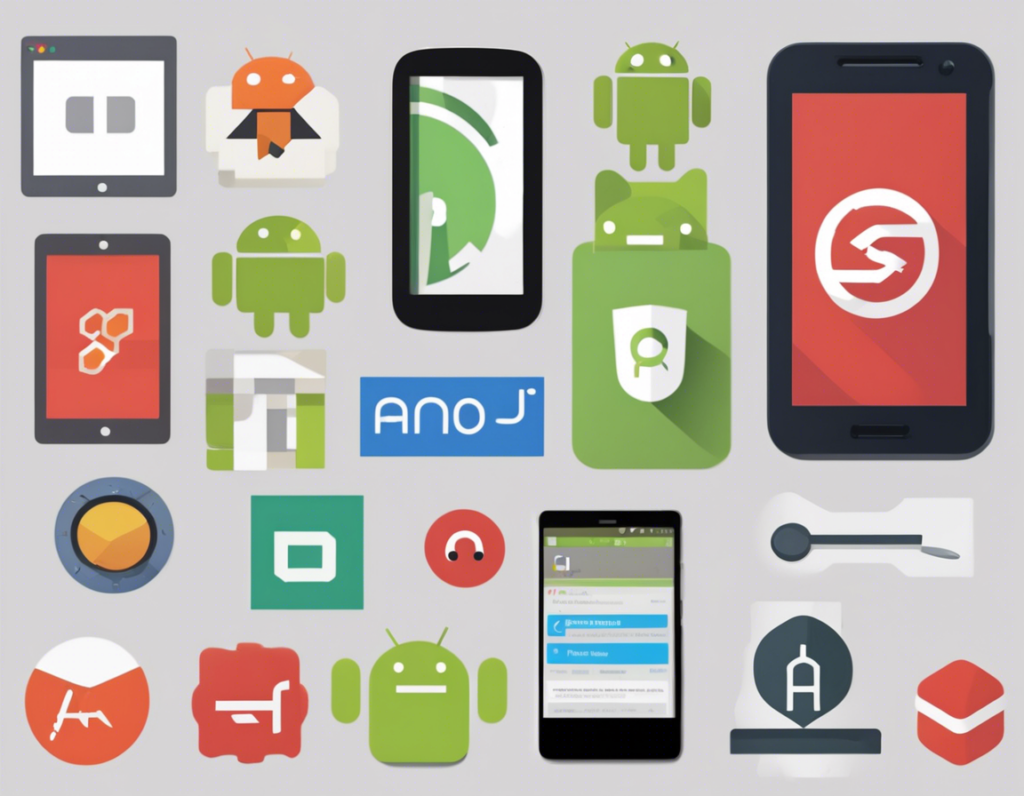Android frameworks are essential components that provide developers with a structure to build interactive and engaging mobile applications. These frameworks offer a set of tools, libraries, and APIs that simplify the app development process, enhance performance, and promote code reusability. In this comprehensive guide, we will delve into the world of Android frameworks, exploring their types, features, and advantages, to help you make informed decisions when choosing the right framework for your next mobile app project.
Types of Android Frameworks
1. UI Frameworks:
- Android Jetpack: A collection of libraries that help developers follow best practices, eliminate boilerplate code, and build robust apps.
- Flutter: A Google UI toolkit for building natively compiled applications for mobile, web, and desktop from a single codebase.
2. Testing Frameworks:
- Espresso: A testing framework for writing concise and reliable Android UI tests.
- Robolectric: A framework that allows you to run unit tests directly on the JVM without the need for a device or emulator.
3. Networking Frameworks:
- Retrofit: A type-safe HTTP client for Android and Java that simplifies the process of fetching data from a web API.
- Volley: An HTTP library that makes networking for Android apps easier and faster.
4. Database Frameworks:
- Room: A persistence library that provides an abstraction layer over SQLite to allow for more robust database access while harnessing the full power of SQLite.
- Realm: A mobile database that runs directly inside phones, tablets, or wearables.
Features of Android Frameworks
1. Cross-Platform Development:
Android frameworks like React Native and Xamarin allow developers to build apps that run on multiple platforms, saving time and effort.
2. Performance Optimization:
Glide and Picasso are image loading libraries that help in efficiently loading and caching images in Android apps, improving performance.
3. Code Reusability:
Dagger is a dependency injection framework that facilitates writing modular and testable code by reducing boilerplate code.
4. Material Design Support:
Libraries like Material Components for Android provide ready-to-use UI components following Google’s Material Design guidelines, ensuring a consistent user experience.
Advantages of Using Android Frameworks
- Faster Development: Android frameworks provide pre-built components and features, saving time in developing basic functionalities.
- Community Support: Most frameworks have active communities that offer support, updates, and plugins to enhance app development.
- Improved Code Quality: By following the best practices and design patterns advocated by frameworks, developers can write cleaner and more maintainable code.
- Scalability: Frameworks like Firebase offer scalable backend services that support app growth without worrying about infrastructure management.
Frequently Asked Questions (FAQs)
1. What is the best Android framework for beginners?
Answer: For beginners, Android Jetpack is highly recommended as it provides a set of libraries with clear documentation and guidelines for building Android apps.
2. Which framework is suitable for complex UI designs?
Answer: Flutter is ideal for developing complex UI designs due to its extensive widget library and hot reload feature for quick UI iteration.
3. How to choose the right testing framework for Android apps?
Answer: Consider factors such as testing capabilities, community support, and integration with CI/CD tools when selecting a testing framework. Espresso and Robolectric are popular choices for Android app testing.
4. Are Android frameworks open source?
Answer: Yes, many Android frameworks are open source, allowing developers to contribute to the community, customize features, and debug issues.
5. Can I use multiple frameworks in a single Android project?
Answer: It is possible to integrate multiple frameworks in an Android project, but it is essential to ensure compatibility and prevent conflicts between different frameworks.
In conclusion, Android frameworks play a crucial role in simplifying app development, enhancing performance, and promoting best practices. By understanding the types, features, and advantages of various frameworks, developers can leverage these tools to create high-quality mobile applications efficiently. Whether you are a beginner or an experienced developer, choosing the right Android framework can significantly impact the success of your app project.
